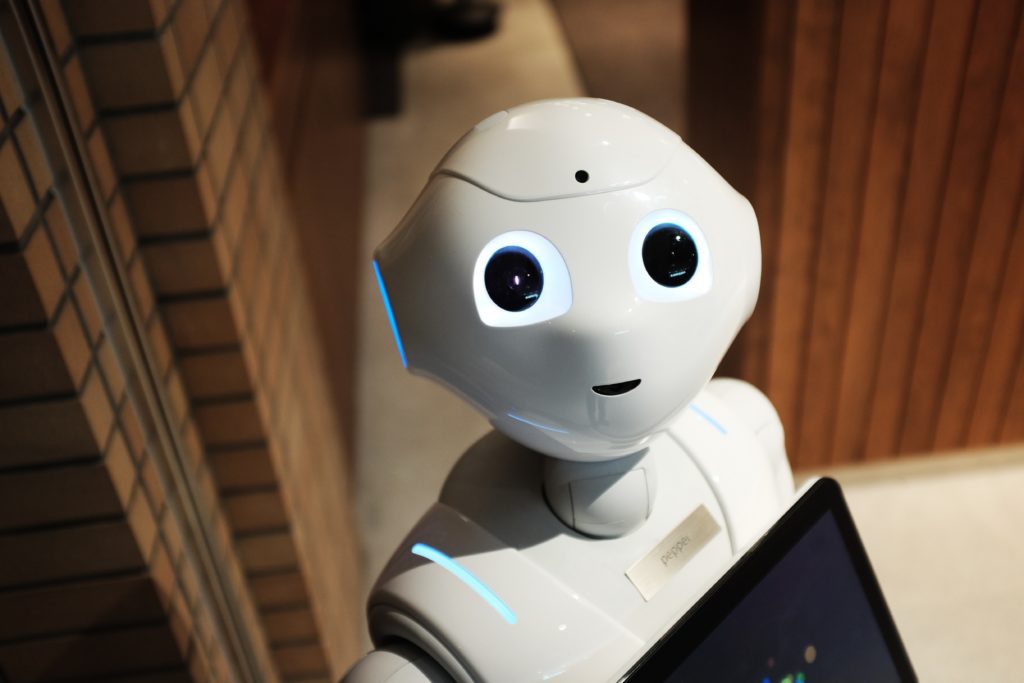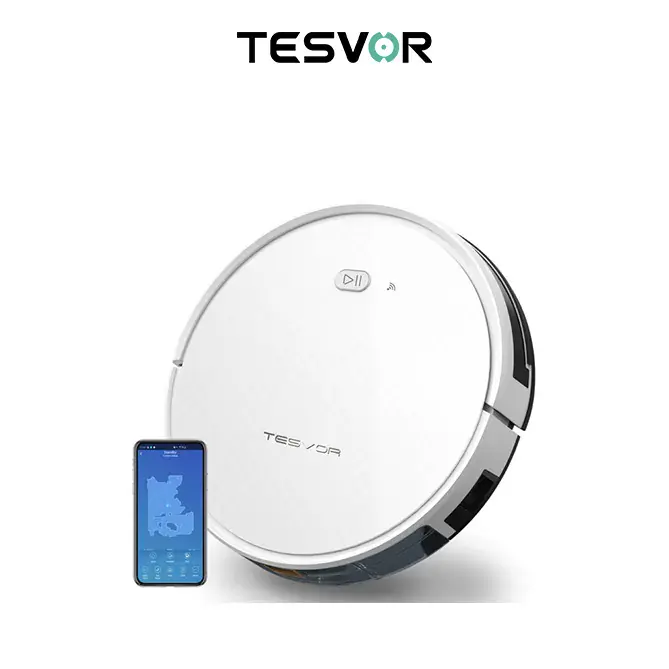
Artificial Intelligence is impacting us in real time and has become a groundbreaking technology, transforming lives in profound ways. It involves creating intelligent machines that can undertake tasks requiring human intelligence, using techniques that enable them to perceive, reason, learn, and interact with the world. AI’s emergence has integrated it into our daily lives, impacting various aspects and revolutionizing our interactions with technology.
“From automating routine tasks to enhancing customer experiences and driving data-driven insights, AI is reshaping how businesses operate and unlocking new avenues for growth and innovation. By harnessing the capabilities of AI, businesses can streamline processes, make smarter decisions, and stay ahead in an ever-evolving market,” says AI advocate and small business loan provider Shane Perry from Max Funding.
Artificial Intelligence (AI) significantly impacts our everyday lives in various ways. Here are some areas where AI is making a significant impact:
1. Personal Assistants
The rise of personal assistants has dramatically influenced everyday lives.
These intelligent virtual helpers, such as Siri, Google Assistant, and Alexa, can manage tasks, answer queries, play music, and control smart devices. Personal assistants have become essential to our daily routines by providing convenience and efficiency.
AI personal assistants can handle many routine tasks, allowing users to focus on more critical and complex tasks. These assistants also improve as they learn more about the users’ habits, preferences, and routines.

2. Healthcare
The healthcare field has undergone a remarkable transformation with the integration of AI technology. Machine learning algorithms have the power to analyze extensive medical data, enabling accurate diagnoses, personalized treatment plans, and improved patient care.
AI can predict patient outcomes based on historical data, helping doctors to identify high-risk patients and tailor treatment plans accordingly. For instance, predictive models might be able to identify patients at risk of severe complications from conditions like COVID-19 or other diseases. Artificial Intelligence is impacting us with a great speed that the healthcare systems in most countries have seen an influx in successful treatments and early diagnosis.
3. Smart Homes
The concept of smart homes has been revolutionized through the adoption of AI. With the help of voice-activated assistants and machine learning algorithms, smart homes automate various tasks, enhance energy efficiency, and offer greater convenience.
Lighting, security systems, appliances, and thermostats can now be controlled effortlessly while AI algorithms learn residents’ preferences to create personalized and comfortable living environments.

4. Social Media And Content Curation
Social media platforms rely on AI algorithms to curate and personalize user content. These algorithms deliver tailored content, recommendations, and targeted advertisements by analyzing user behaviour, preferences, and engagement.
Additionally, AI is employed in content moderation, identifying and flagging inappropriate or harmful content to protect users from online abuse.
5. Cybersecurity
AI plays a vital role in fortifying cybersecurity measures. Machine learning algorithms can detect anomalies and patterns in network traffic, identifying potential security breaches and preventing attacks.
Furthermore, AI-powered systems analyze vast amounts of data to identify vulnerabilities, predict emerging threats, and strengthen cybersecurity protocols.
6. Autonomous Vehicles
The advent of AI has paved the way for the development of autonomous vehicles, revolutionizing transportation.
Self-driving cars utilize AI algorithms, sensors, and real-time data processing to navigate, detect obstacles, and make decisions on the road. The potential benefits of autonomous vehicles include improved road safety, reduced traffic congestion, and increased accessibility to transportation options.
7. Managing Finances
AI can provide personalized financial advice and investment management with minimal human intervention. This innovation gathers information from clients about their financial situation and future goals through prompts or online survey and then use the data to offer advice and automatically invest client assets. This method is typically less expensive than a human, financial advisor and can be as adequate for many people’s needs.
AI can automatically categorize and track spending, making it easier for individuals and businesses to understand where their money is going. Many apps also use predictive analytics to forecast future spending habits and provide insights on saving more effectively.

8. Personalised Shopping
AI algorithms analyze customers’ browsing and purchasing patterns, interests, and behaviours to suggest products they might like. This approach is used extensively by companies like Amazon, Netflix, and Spotify. It significantly improves the user experience by showcasing items tailored to each customer’s taste.
AI-powered chatbots can provide 24/7 customer service, answer common questions, and guide customers through purchasing. These chatbots can be programmed to deliver personalized messages and product recommendations based on the customer’s preferences and past interactions.
Harness AI for a Smarter Future with CBF Appliances
The impact of AI on everyday lives is undeniable, making tasks more efficient, improving decision-making processes, and enriching interactions with technology. As AI continues to evolve, its potential for positive change remains vast, opening up new possibilities and challenges for the future further concurring how Artificial Intelligence is impacting us in real time and for the foreseeable future.

Discover CBF Appliances, your ultimate source for appliances, home decor, gadgets, and more. With the most extensive collection, unmatched service, and a commitment to customer satisfaction, CBF Appliances is your one-stop destination for all your home needs.
Call us at (03) 8578 3288 or email us at sales@thecbfstore.com.au for more information and concern.
Written by Claire Coleman




















